
The Relationship Between Political Connections and the Financial Performance of Industries and Firms
Recommendation
Crony capitalism might be worse than you think. This eye-opening study from the conservative Mercatus Center says corporations that drop big bucks on lobbyists are no more profitable than firms that spend less to build political clout. But economic researchers Russell S. Sobel and Rachel L. Graefe-Anderson conclude that top executives of politically influential companies earn more than their peers at firms that lobby less actively. Alas, disappointment looms for readers hoping that the authors will name names; they don’t proffer a list of which executives at which crony companies make the most. Nevertheless, getAbstract recommends this report for its findings on who really benefits from government subsidies.
Summary
About the Authors
Russell S. Sobel is an economist and a visiting scholar at The Citadel, South Carolina. Rachel L. Graefe-Anderson is an assistant professor of business at the University of Mary Washington, Virginia.







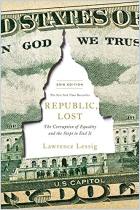
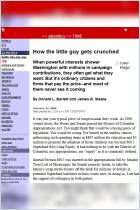

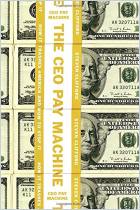
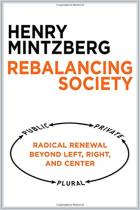
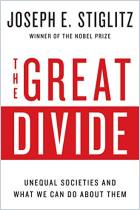


Comment on this summary or Comenzar discusión